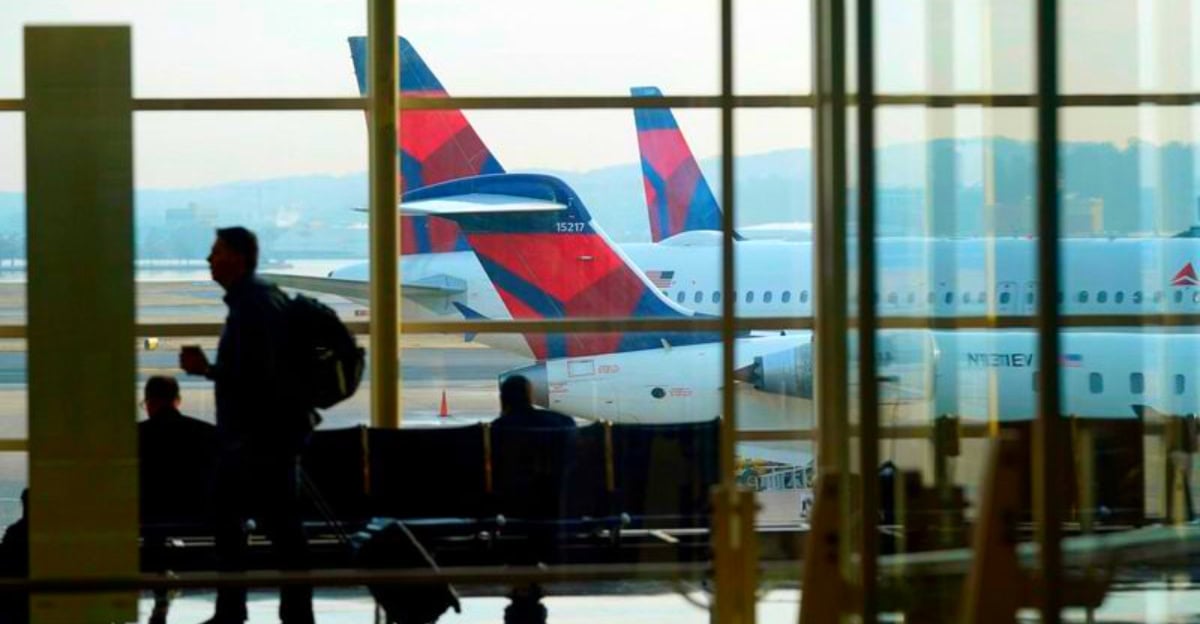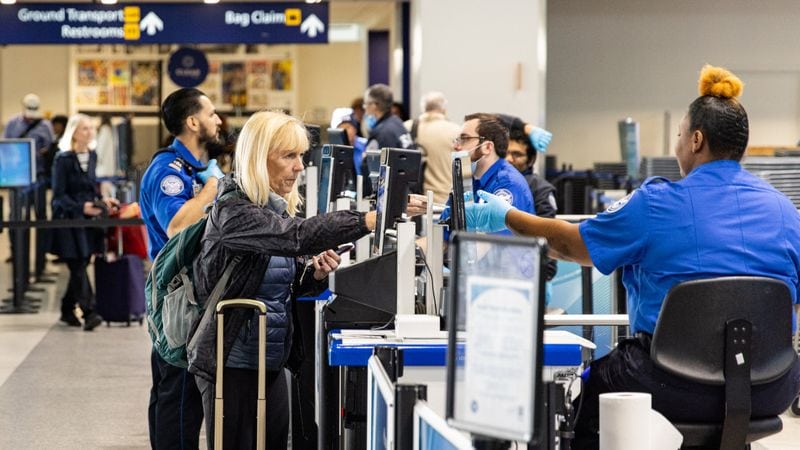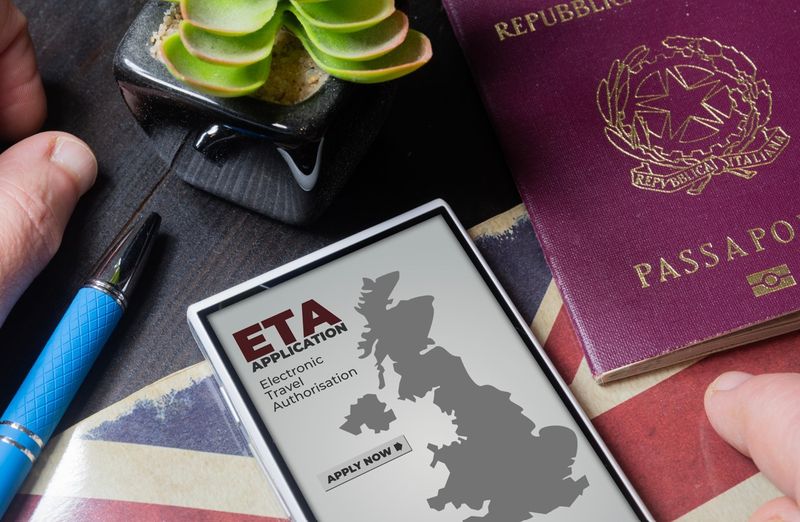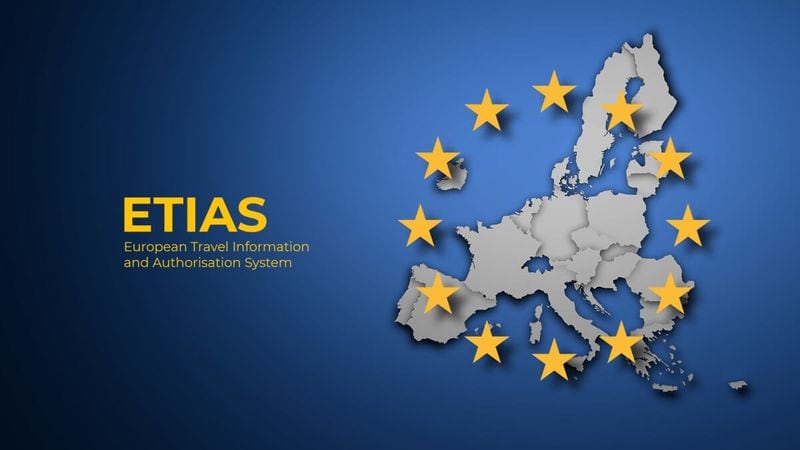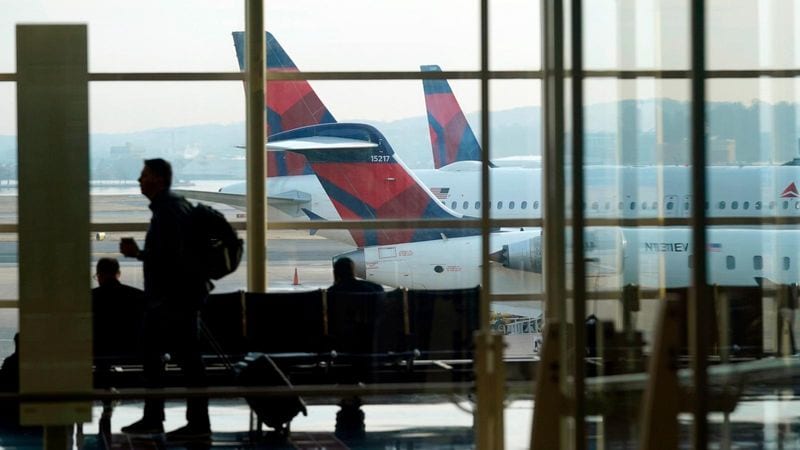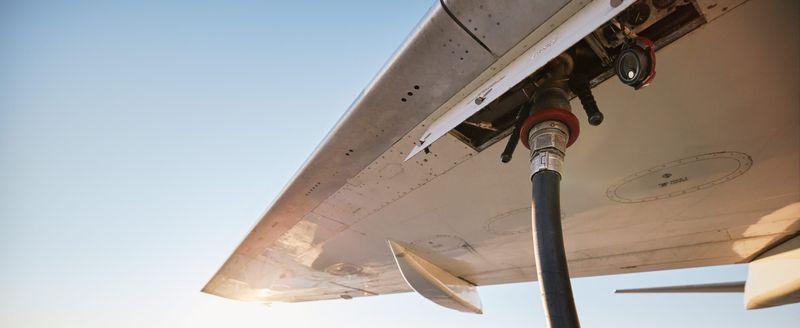As we usher in the fall of 2025, travelers are met with a mix of excitement and new challenges. With evolving regulations and changes in the travel landscape, there’s much to consider before setting off. Here’s a rundown of the seven key things you need to know for a smooth and enjoyable journey.
1. REAL ID Enforcement Begins May 7, 2025
From May 7, 2025, travelers in the U.S. must present a REAL ID-compliant driver’s license or another TSA-approved form of identification, such as a passport, to board domestic flights. This change aims to enhance security measures nationwide.
Ensure your ID has the requisite star marking, signifying compliance. Those lacking this feature must seek an upgrade to avoid travel disruptions.
This requirement is part of broader efforts to standardize travel identification across states. While some states have been compliant for years, others are catching up, making this fall the perfect time to prepare. It’s all about ensuring safer skies and more secure travel experiences.
2. UK Introduces Electronic Travel Authorization (ETA)
January 8, 2025, marks the start of the UK’s Electronic Travel Authorization (ETA) requirement for travelers from visa-exempt countries, including the U.S. This digital authorization must be obtained before entering or transiting through the United Kingdom.
Costing approximately $13, the ETA is valid for multiple entries over two years. This move aligns with global trends towards digitization in travel.
The UK’s ETA aims to streamline entry processes and enhance border security. Travelers are encouraged to apply online in advance, facilitating smoother arrivals. With this quick pre-travel step, the UK ensures a balance between welcoming tourists and maintaining security.
3. European Travel Information and Authorization System (ETIAS) Implementation
By mid-2025, the European Union will implement the European Travel Information and Authorization System (ETIAS). U.S. passport holders traveling to Schengen Area countries will need to apply for this authorization before their visit.
The ETIAS is valid for three years and allows multiple entries, reflecting a shift towards pre-travel vetting. At a cost of approximately €7, it offers an affordable way to streamline border entry.
This initiative is part of broader efforts to enhance security while facilitating tourism. Ensuring all documentation is in order before travel helps avoid potential delays, making for a more seamless European adventure.
4. New U.S. Visa Integrity Fee
Starting October 1, 2025, visitors from non-visa waiver countries will face a new $250 “visa integrity fee,” raising total visa costs to $442. This fee applies to travelers from nations like Mexico, India, and China.
The move aims to bolster immigration integrity and address security concerns. The fee increase reflects a broader strategy to fund enhanced visa processes and screenings.
This new policy may impact travel volumes, but it underscores the U.S.’s commitment to secure borders. Travelers should budget accordingly and ensure all visa requirements are met before planning their visit.
5. Enhanced Consumer Protections for Air Travelers
New regulations now mandate airlines to provide automatic refunds for significant delays—three hours for domestic flights and six hours for international ones. These changes put consumer rights at the forefront.
Passengers can also expect refunds for delayed baggage and services not delivered, such as paid Wi-Fi. This shift marks a significant win for traveler rights, especially amidst frequent flight disruptions.
These protections seek to enhance transparency and accountability within the airline industry. Travelers are encouraged to familiarize themselves with these rights to better navigate any potential issues.
6. Increased Tourist Taxes in European Destinations
To combat overtourism, several European cities have increased tourist taxes. Venice, for instance, has reintroduced a visitor tax for day-trippers during peak seasons.
Greece has also hiked daily tourist taxes for accommodations. These measures aim to manage visitor numbers and preserve local environments.
Anticipate a slight increase in travel expenses due to these taxes. Travelers should budget accordingly, ensuring a smooth and responsible visit. These policies reflect a growing trend towards sustainable tourism management.
7. Introduction of Sustainable Aviation Fuel (SAF) Requirements
In 2025, airlines departing from EU airports must include at least 2% Sustainable Aviation Fuel (SAF) in their fuel mix. This initiative is part of a broader push to reduce the aviation sector’s carbon footprint.
The percentage of SAF will gradually increase to 70% by 2050, signaling a long-term commitment to sustainability. This change represents a significant step towards greener aviation practices.
Travelers can expect more eco-friendly flights, contributing to global environmental goals. It’s a call for the industry to innovate and align with sustainability aspirations.
